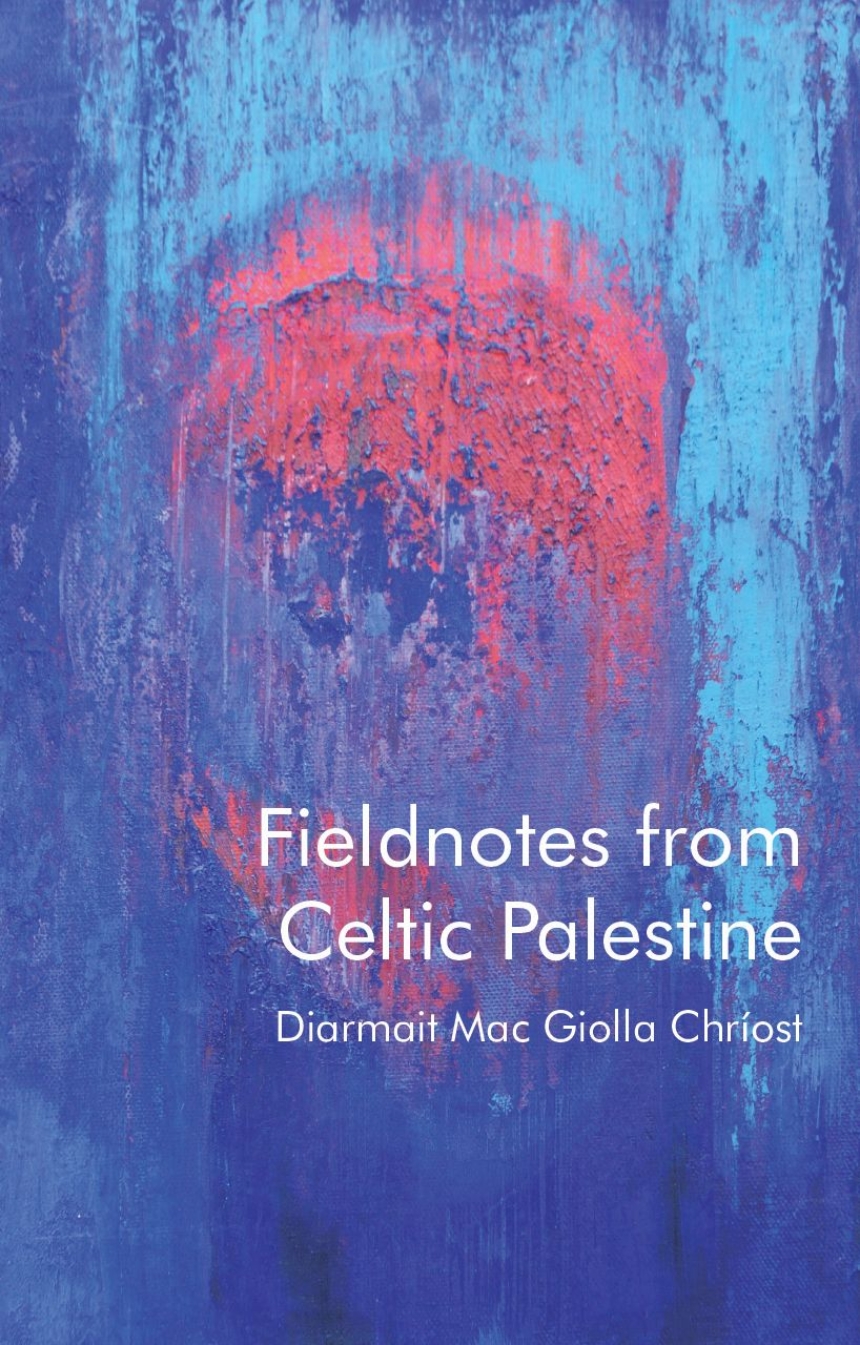Distributed for University of Wales Press
Fieldnotes from Celtic Palestine
An intimate study of the testimonies of witness to the Palestinian conflict told through the work of four Celtic artists who have experienced the conflict firsthand.
Fieldnotes from Celtic Palestine embodies a new type of sociological writing that weaves ethnography with memoir as well as fusing other convention-breaking literary forms, styles, and devices. In its innovative analysis of the rhetorical power of the creative works of four Celtic witnesses to the conflict in Palestine, three Irish and one Welsh, it explores how the creative practitioner may effectively engage in political persuasion and activism without compromising their art.
The book also reflects upon a series of encounters in the field between the author and various individuals, including political prisoners, diplomats, members of terrorist organizations, members of the security services, journalists, and politicians, but also ordinary people making their lives in a society profoundly shaped by brutal ethnopolitical occupation and conflict. Among the encounters told here is the experience of being served tea by the daughter of a Hamas suicide bomber and that of being taken to Jewish settlements regarded as illegal under international law.
Diarmait Mac Giolla Chríost is a born-and-bred native of Derry in Northern Ireland and as a child of the Troubles brings to bear in this Celtic perspective on Palestine a close familiarity with the cost of living day-to-day with the reality of political violence.
Fieldnotes from Celtic Palestine embodies a new type of sociological writing that weaves ethnography with memoir as well as fusing other convention-breaking literary forms, styles, and devices. In its innovative analysis of the rhetorical power of the creative works of four Celtic witnesses to the conflict in Palestine, three Irish and one Welsh, it explores how the creative practitioner may effectively engage in political persuasion and activism without compromising their art.
The book also reflects upon a series of encounters in the field between the author and various individuals, including political prisoners, diplomats, members of terrorist organizations, members of the security services, journalists, and politicians, but also ordinary people making their lives in a society profoundly shaped by brutal ethnopolitical occupation and conflict. Among the encounters told here is the experience of being served tea by the daughter of a Hamas suicide bomber and that of being taken to Jewish settlements regarded as illegal under international law.
Diarmait Mac Giolla Chríost is a born-and-bred native of Derry in Northern Ireland and as a child of the Troubles brings to bear in this Celtic perspective on Palestine a close familiarity with the cost of living day-to-day with the reality of political violence.
232 pages | 11 color plates; 6 halftones | 5.43 x 8.5
History: Middle Eastern History
Sociology: Social History

